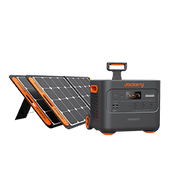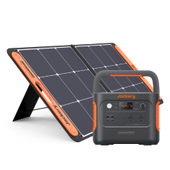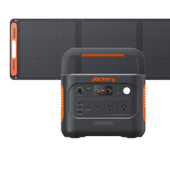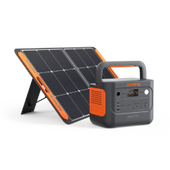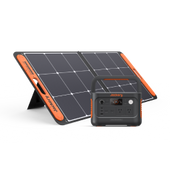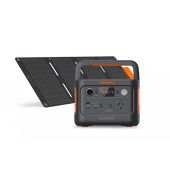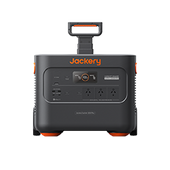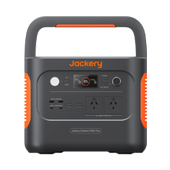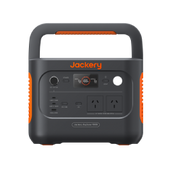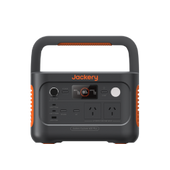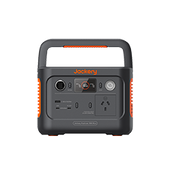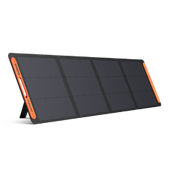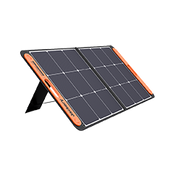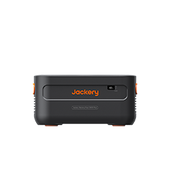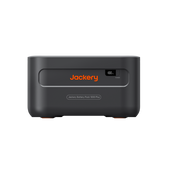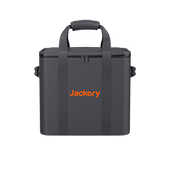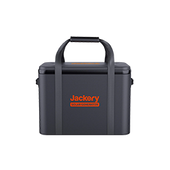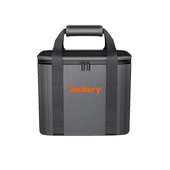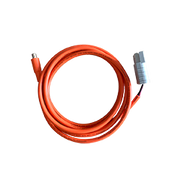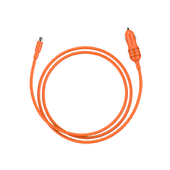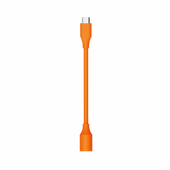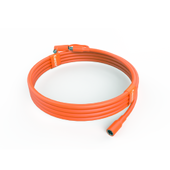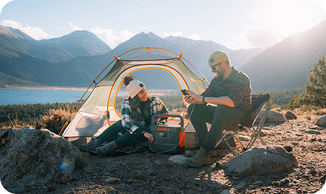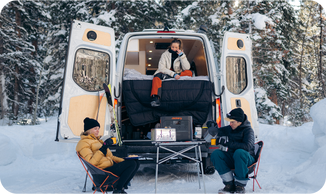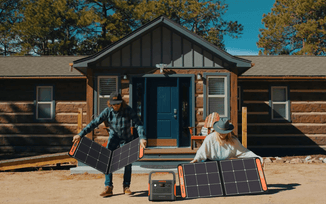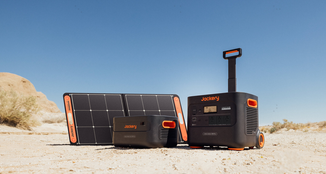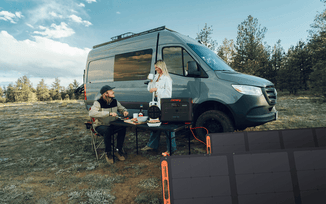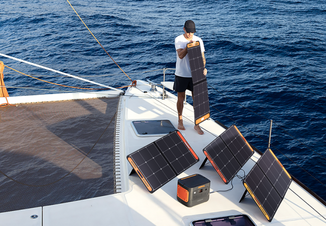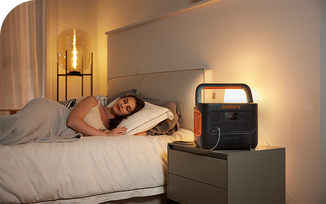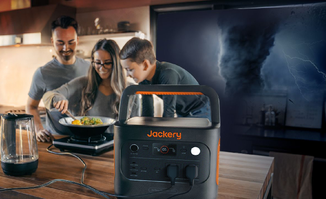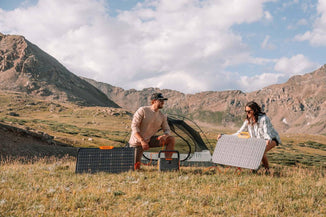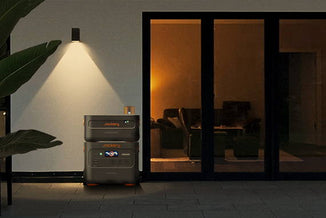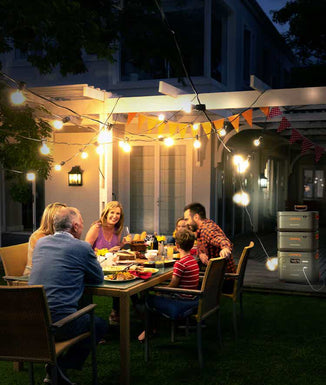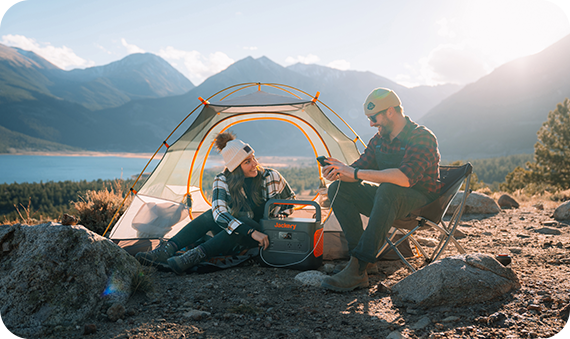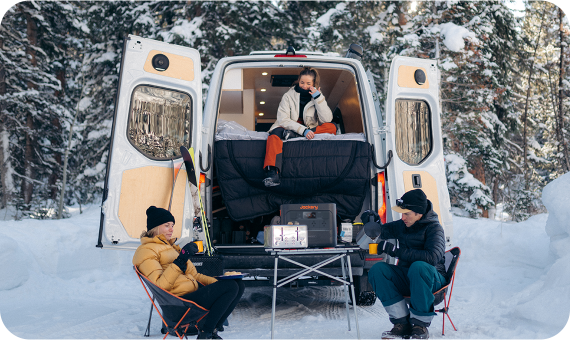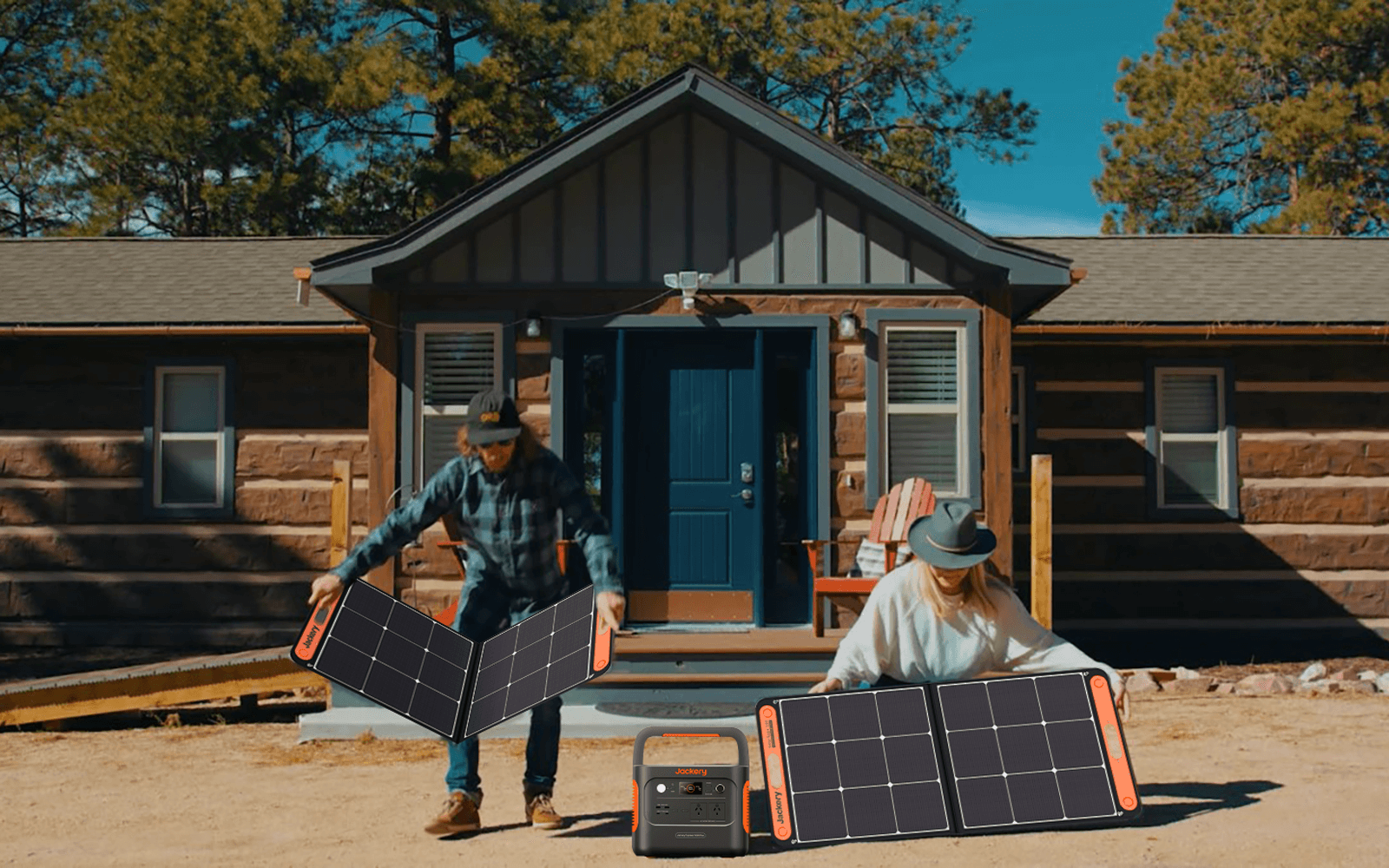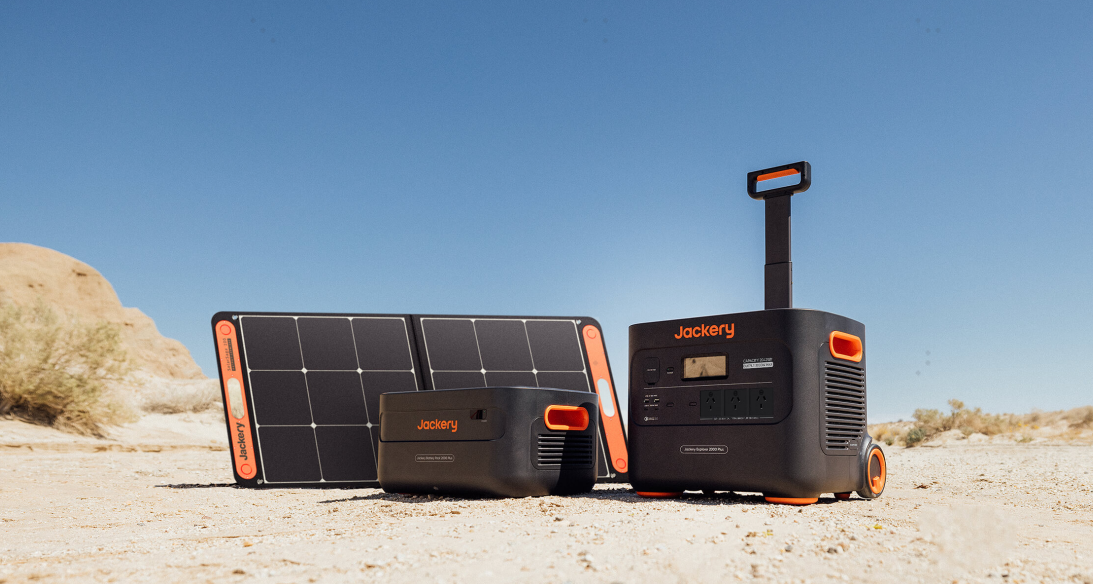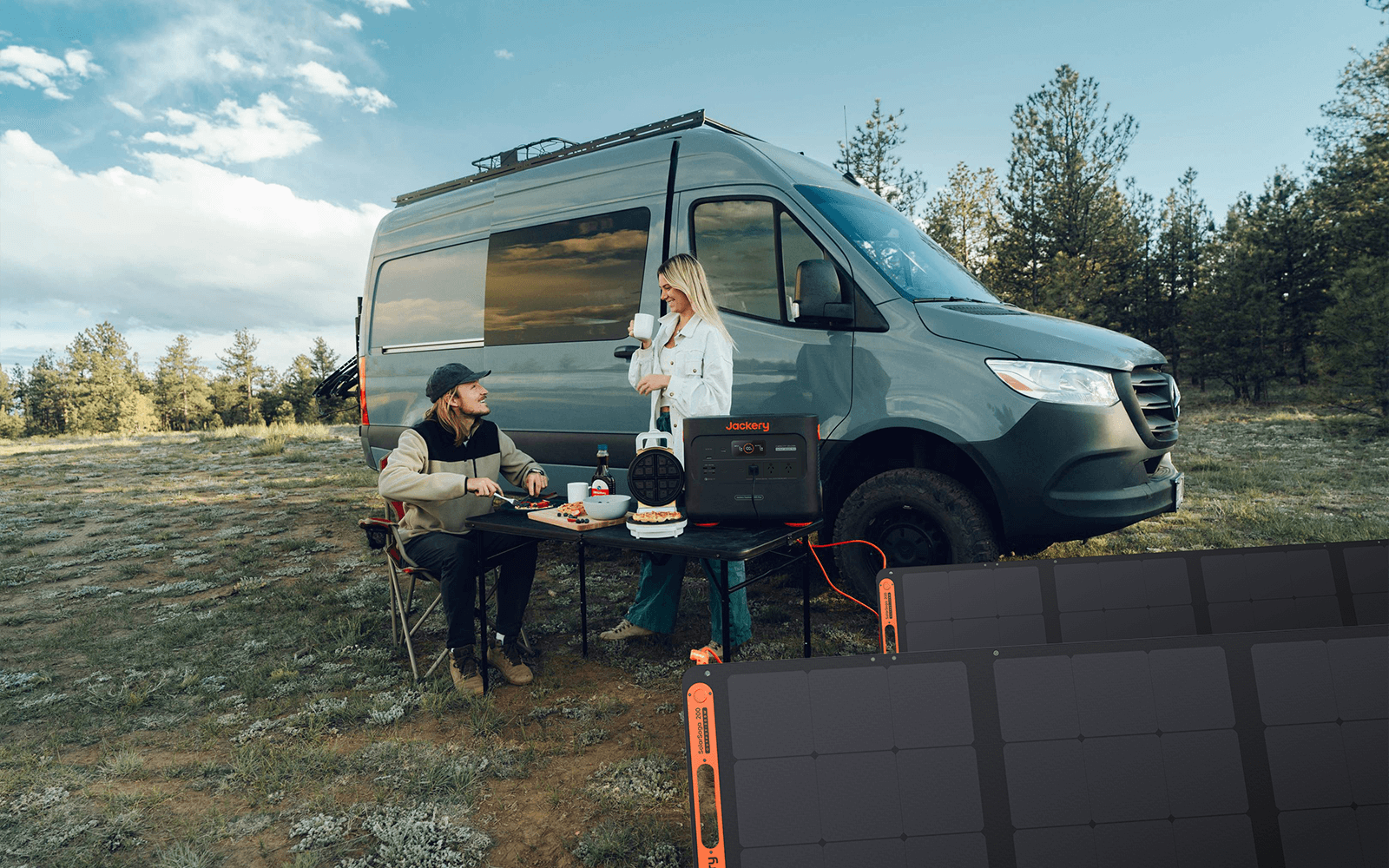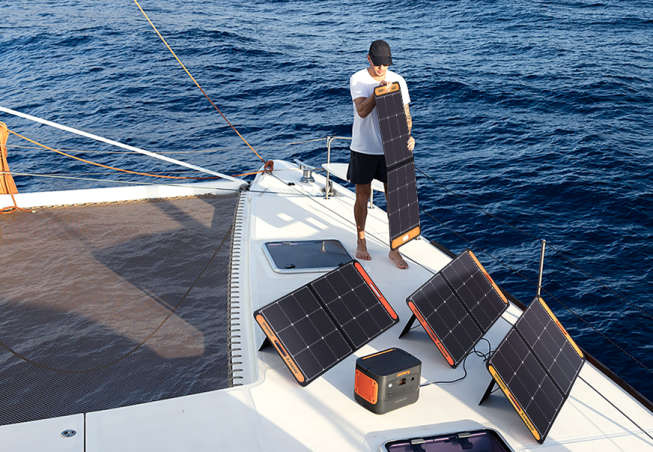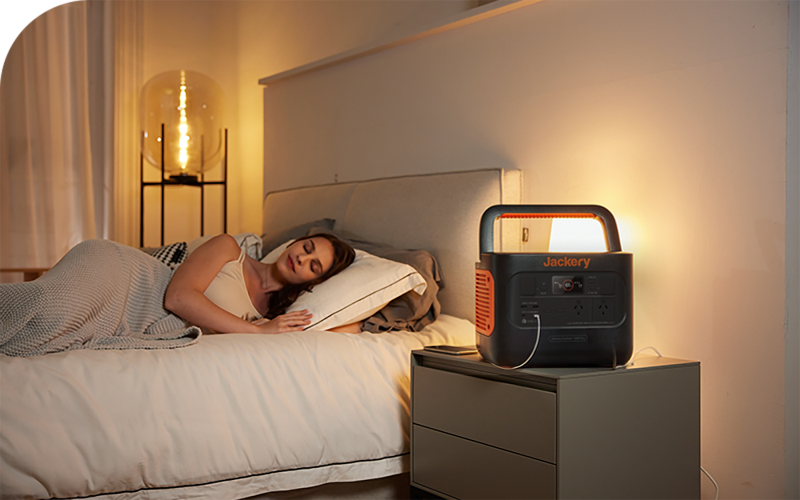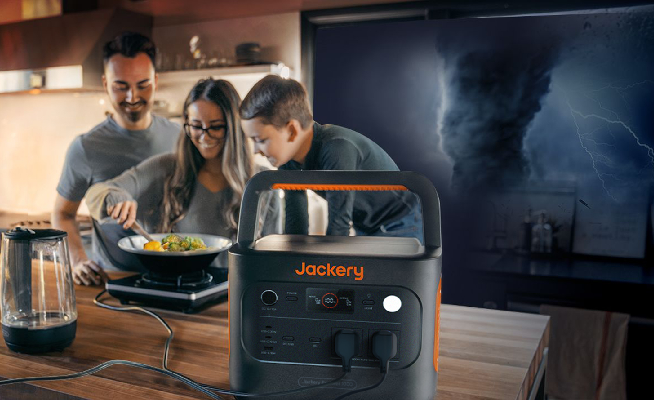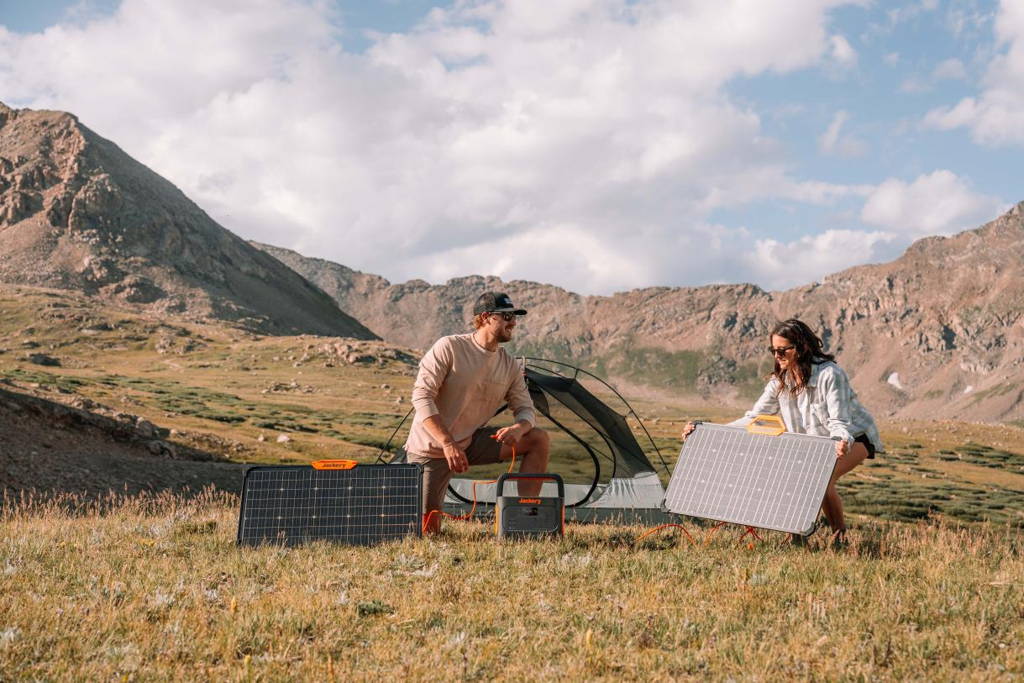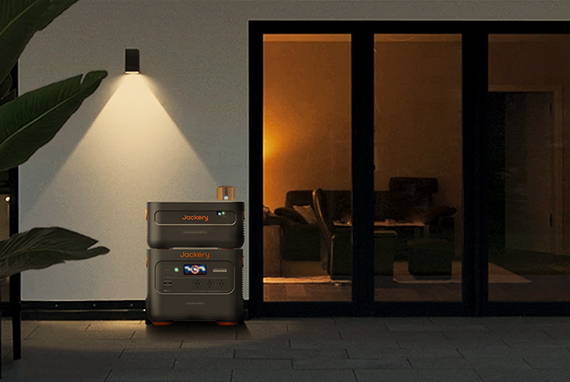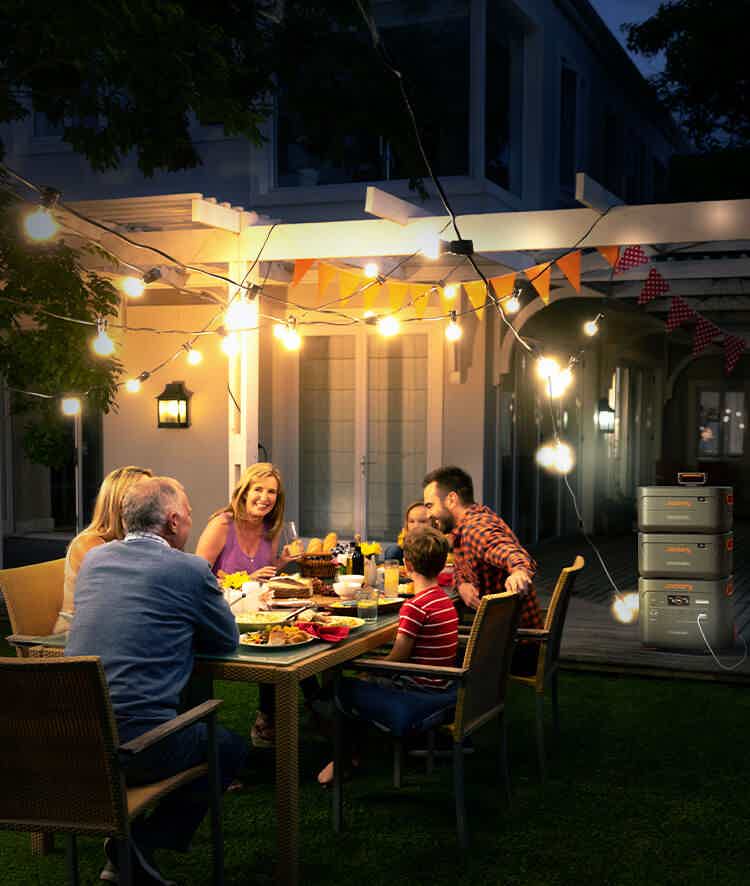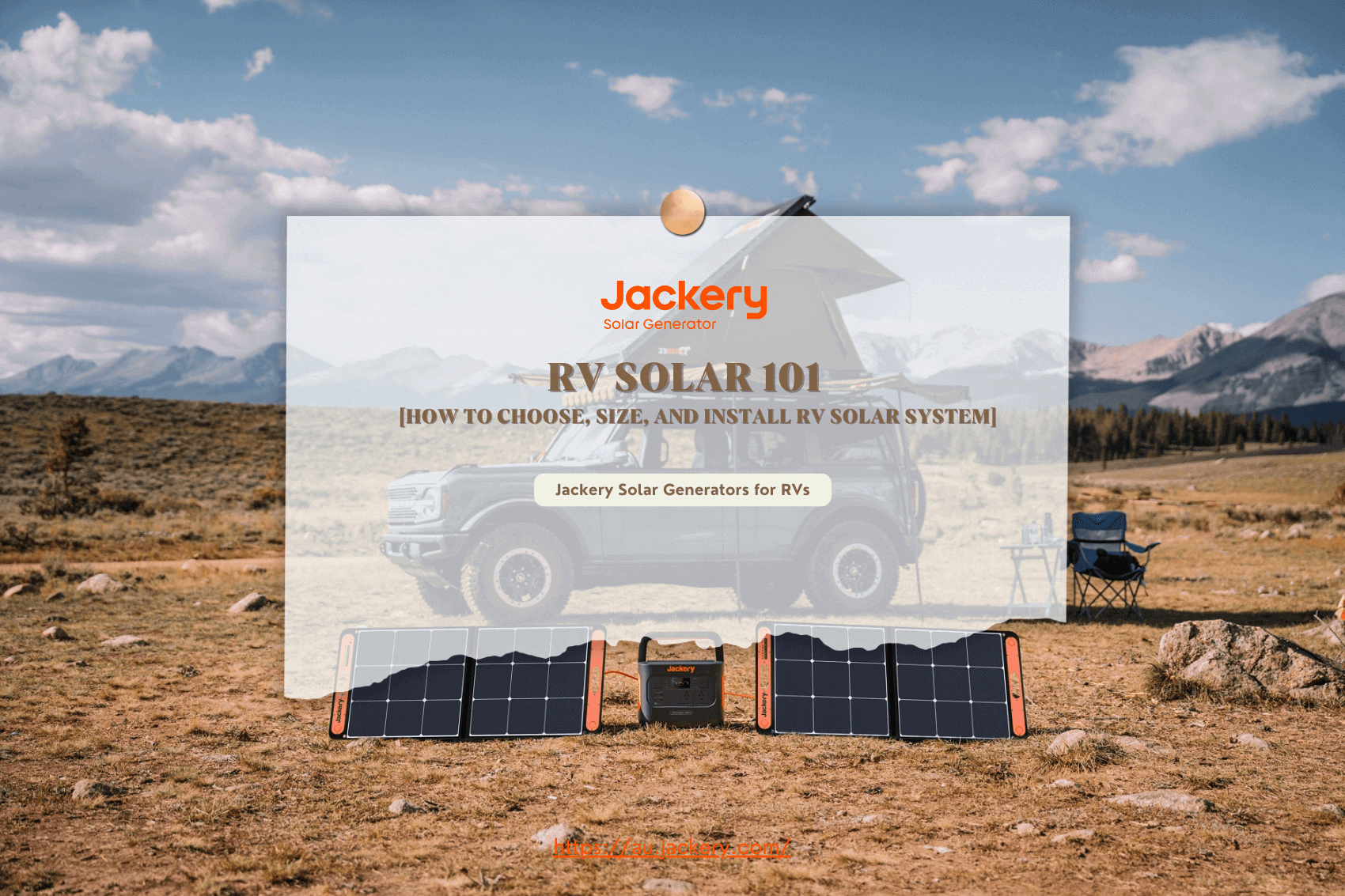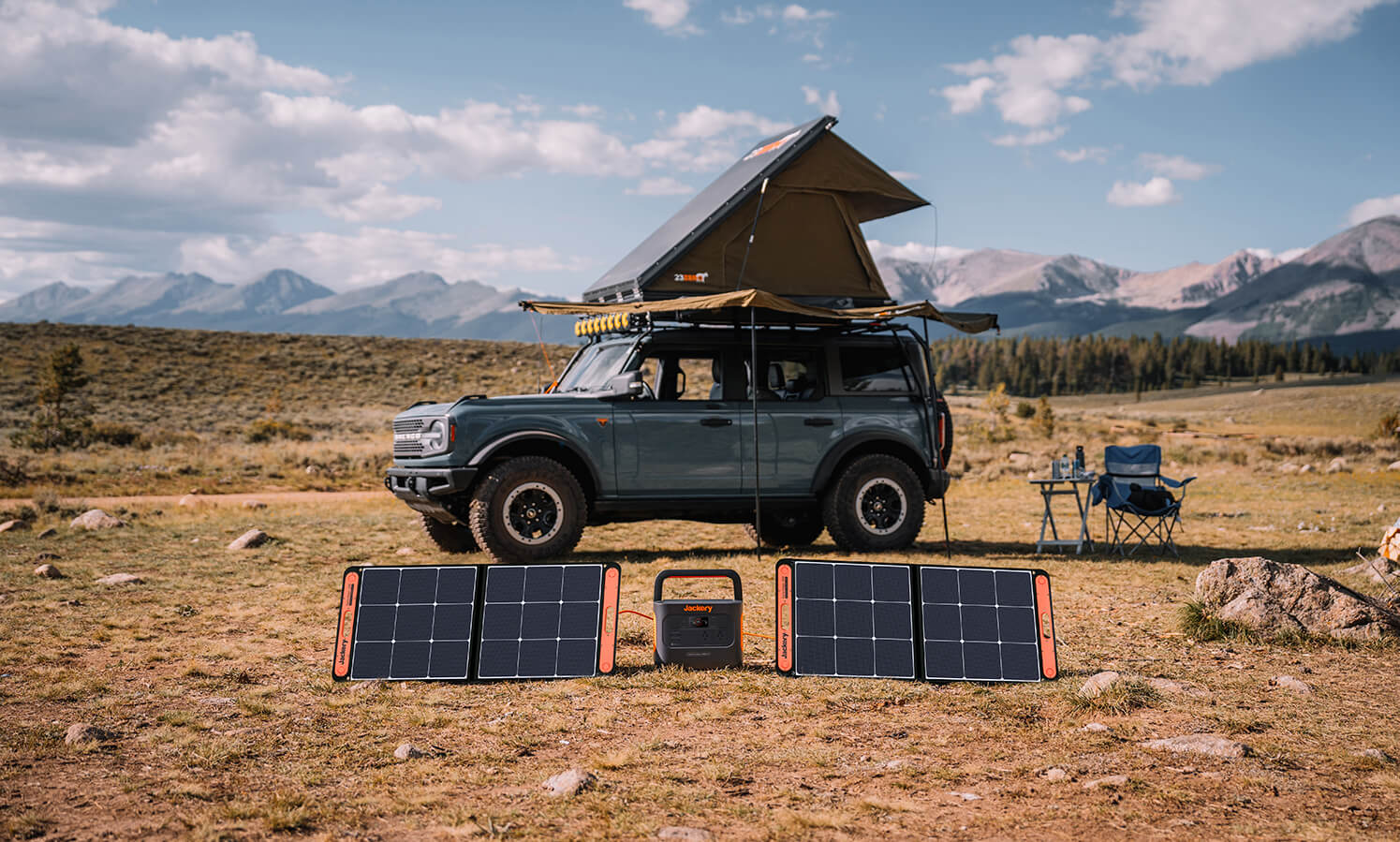Understanding Off-Grid Solar Power Systems
In case you are all set to explore off-grid living, you must be willing to know about off grid solar power systems. If so, here's an overview:
Off grid solar power systems
Off grid solar power systems use sunlight to help you produce your own energy and reduce your reliance on grid energy.
The elements of off grid solar power systems are:
- Power source: Solar energy from solar panels or solar generators.
- Charge Controller: Manages the energy stored by the battery.
- Battery: stores energy generated by renewable energy power sources.
- Inverter: Off grid inverters change DC into AC, making it suitable for all appliances and electronics.
Although there are various types of off grid power systems, solar ones are the most popular. In 2023, 135,701 solar systems were installed in Australia. This showcases people's interest in alternative energy sources and the popularity of solar power solutions.
Two common off grid solar power systems are:
Solar Panels
Solar panels convert sunlight into electrical energy. They have PV cells that get excited when the sun's radiation falls on them. This excitation produces electrical energy, which is crucial to power various appliances.
Solar Generators
Solar generators work like solar panels but have a few additional components. They have solar panels that capture sunlight and produce electricity. There's a battery to store the produced energy. The charge controller manages the current flow, while the inverter converts DC into AC, powering electronics and other appliances.
Benefits of Off Grid Solar Power Systems
Next, we will discuss the advantages of off grid solar power systems:
Energy Independence
Firstly, off grid solar power systems free you from the reliance on grid energy. These energy sources help you produce your electricity. This self-sufficiency means you have access to a continuous power supply - unaffected by grid outages or fluctuations. Hence contributing to a more reliable and resilient energy supply.
Environmental Sustainability
Global warming is on the rise, and there's a serious need for energy sources that contribute to environmental sustainability. Off grid solar power systems are exactly that. They use the sun's renewable energy and contribute to a greener and more sustainable lifestyle.
Cost Savings
Lastly, off-grid solar power systems offer substantial cost savings. The initial cost of an off grid generator may seem like a lot, but it often results in long-term cost savings. How? These solar RV generators generate energy independently, reducing or eliminating monthly utility bills, making the initial investment a prudent financial decision.
Requirements and Considerations for Setting Up Off Grid Solar Power Systems in a Cabin and RV
The requirements and considerations for setting up your off grid solar power systems in a cabin or RV are:
For Cabins
Setting up off grid solar power systems is no easy task. You need to do proper planning and then execute your plan.
- 1. Energy Needs Assessment
First, you must assess your energy needs. For this, you should take into account the cabin's total energy consumption.
Consider factors such as lighting, appliances, heating, and electronic devices to estimate energy demand accurately. This assessment helps you find a suitable lithium power station that easily meets all your cabin's energy needs.
- 2. Solar Resource Assessment
Now, you should do a thorough solar resource assessment - crucial for the efficient use of off grid solar power systems. This step helps you determine the amount of sunlight the cabin receives throughout the year.
Pay attention to factors like shading, orientation, and tilt of solar panels. Position the solar system in a way where it receives maximum energy to fulfil all your electricity needs.
- 3. System Sizing/Capacity
Lastly, the size and capacity of your off grid power systems are crucial to ensure a smooth cabin life experience. You can use the earlier energy assessment to figure out what size and capacity of solar panels and solar generators you need. For instance, if you install a 2000-watt generator in your cabin, it can meet pretty much all your power needs.
You must also pick the right battery type. Some common off grid solar battery types include:
Lithium-Ion Batteries: Have one or more lithium-ion cells and a protective circuit board. These batteries are common in off grid solar power systems and run everyday appliances like phones, ovens, etc.
Lead-Acid Batteries: Some systems may have lead-acid batteries. These batteries are rechargeable and have low energy density. Their lifecycle and safety factor is also less than lithium-ion batteries.
For RVs
RVs are always on the go, so a few factors and considerations for solar installations on RVs are:
1. Mobility and Versatility
Mobility and versatility are two important considerations for installing off-grid solar power systems on RV. The solar system must be able to withstand vibrations, road conditions, and the occasional repositioning of the vehicle. In addition, it should be easy to store and adjust. Foldable solar panels that are easy to fold and adjust and accommodate various angles of sunlight exposure are beneficial for RV owners.
2. Compatibility with RV Systems
The off grid power system should also be compatible with your TV structure. It should work with the RV's electrical infrastructure, allowing for straightforward connectivity and optimal performance.
3. Space Constraints
RVs typically have limited roof space. This necessitates a thoughtful approach to solar panel placement. Thus, get solar power systems, like foldable solar panels and portable solar generators. They are lightweight and don't take up a lot of space in your RV.

Comparison and Contrast Between the Two Solar Power Systems
The following points share a detailed comparison and contrast of two off grid lifestyles in Australia: Cabins and RVs:
Battery Storage Capacity
A cabin lifestyle means the energy demand will be more consistent. It's because of the continuous occupancy and frequent use of appliances. This means for cabin life, you need a larger power bank, making sure you've enough energy during low sunlight periods.
Living in an RV, on the other hand, comes with high mobility. The appliance use isn't that frequent, and there are additional space and weight constraints. Lightweight and compact battery options are favoured there.
Solar Panel Mounting
Off grid solar power systems rely on solar panel mounting and positioning for optimal energy production. Cabins have fixed solar panel installations on rooftops, providing a stable and permanent solution for capturing sunlight.
This isn't the case with RVs! Recreational vehicles require adjustable and portable solar panel setups, allowing you to adjust their position. It's crucial during travel that you may need to change the position of solar panels per the sun's direction. Of course, portable solar panels are also suitable for cabins.
System Maintenance Challenges
One point where cabins take the lead is maintenance. Cabins usually have fixed solar power systems. Hence, you can easily clean and maintain them. Monitoring the performance of these solar systems is also straightforward.
RVs face dynamic challenges. External factors like changing weather, vibrations from travel, etc., impact the solar power system's performance. Regular checks become mandatory to ensure your solar system isn't facing any underlying issues. In addition, cleaning and maintenance also require more time than that of cabins.
Energy Consumption Patterns
Cabins lifestyle comes with steady power demands as there's consistent appliance use. You need proper lighting to power your cabin space, appliances for cooking and cleaning, and running other electrical devices.
RVs, contrarily, have a dynamic energy demand. Illumination is required at certain times, and appliance usage is only during meals. This mobile nature of RV requires off grid solar power systems that are versatile and quickly adapt to the changing energy demands.

Build Up Your Off-Grid System with Jackery
At Jackery, we offer the best off grid power systems or lithium power stations, catering to all your lifestyle needs. Following are our best options:
Jackery Solar Generator 2000 Plus: Best for Cabins
The Jackery Solar Generator 2000 Plus is a game-changer for those embracing the off-grid cabin lifestyle. This high-performance powerhouse significantly advances portable power solutions, boasting a massive capacity and robust output. Jackery's innovative ChargeShield technology sets the Jackery Solar Generator 2000 Plus apart. It incorporates 62 protective mechanisms, 12 algorithms, and 4 types of physical safety protection.
Our solar panels boast an industry-leading solar conversion efficiency of up to 25%. They excel in generating more lifetime energy, especially in low light conditions, showcasing a remarkable 50% increase compared to conventional panels (PERC). Operating at a whisper-quiet 30dB, the Jackery Solar Generator 2000 Plus ensures a peaceful and efficient power supply.
This generator introduces the add-on battery pack for added flexibility. It requires 6 hours for a full solar charge using 6 Jackery SolarSaga 100W Solar Panels. It transforms your RV into a fully energy-independent unit, relying on solar energy instead of the conventional power grid.
Key Features Overview
- Rapid Solar Charging: 6 hours for a full charge with 6 Jackery SolarSaga 100W Solar Panels, making it fully independent from the power grid.
- Whisper-Quiet Operation: Operates at only 30dB for a peaceful power supply experience.
- High-capacity Powerhouse: Jackery Solar Generator 2000 Plus powers RVs with a massive outputof 2042.8Wh.
- ChargeShield Technology: 62 protective mechanisms, 12 algorithms, and 4 safety layers for enhanced battery lifespan and safety.
Jackery Solar Generator 2000 Pro: RV’s Top Pick
The Jackery Solar Generator 2000 Pro is an ideal companion for the off-grid RV lifestyle. With an impressive 2,160Wh charging capacity, this robust powerhouse ensures you stay powered up efficiently. The Jackery Solar Generator 2000 Pro fully charges under 5.5 hours, courtesy of 6 Jackery SolarSaga 100W Solar Panels. Or a mere 2 hours of charging is possible via an AC wall outlet, offering swift and reliable access to energy whenever you need it.
Safety is paramount; this power station excels with its top-tier lithium battery. With dual battery protection chips and four temperature core detectors, it guarantees a secure and dependable charging experience. Versatility takes centre stage, as the Jackery Solar Generator 2000 Pro can also be conveniently charged through a carport, adding flexibility to your off-grid escapades.
Highly durable - this lithium power station incorporates effective heat dissipation and high-temperature protection. Hence ensuring its resilience in various conditions. The IP67 Waterproof Rating of the solar panel further fortifies its reliability. It can easily withstand harsh and wet weather challenges, making it an ideal companion for outdoor enthusiasts. Weighing in at a manageable 19.5 kg, the Jackery Solar Generator 2000 Pro features a foldable handle design that works perfectly for cabin lifestyle.
Key Features Overview
- High Charging Capacity: 2,160Wh for substantial power supply.
- Fast Charging Options: 5.5 hours with 6 Jackery SolarSaga 100W Solar Panels or 2 hours via AC wall outlet.
- Advanced Battery Safety: Dual protection chips and four temperature core detectors for secure charging.
- Clean Solar Energy: Smart MPPT controller for efficient use of solar power.
- Portable Convenience: Weighs 19.5 kg with a foldable handle for easy on-the-go transport.
Conclusion
Off grid living is on the rise in Australia. People are tending to off grid cabins and TV living. If you want to reduce or eliminate your reliance on grid electricity, off grid solar power systems are the solution. Jackery offers the best off grid lithium power stations. Jackery Solar Generator 2000 Plus and Jackery Solar Generator 2000 Pro are the ones you can use.
The former best suits cabin life with exceptional and steady power output. In contrast, the latter is for RV enthusiasts looking for something durable and robust. Contact us today at Jackery and get your hands on the best solar motorhome generators, paving the way for a greener lifestyle!

